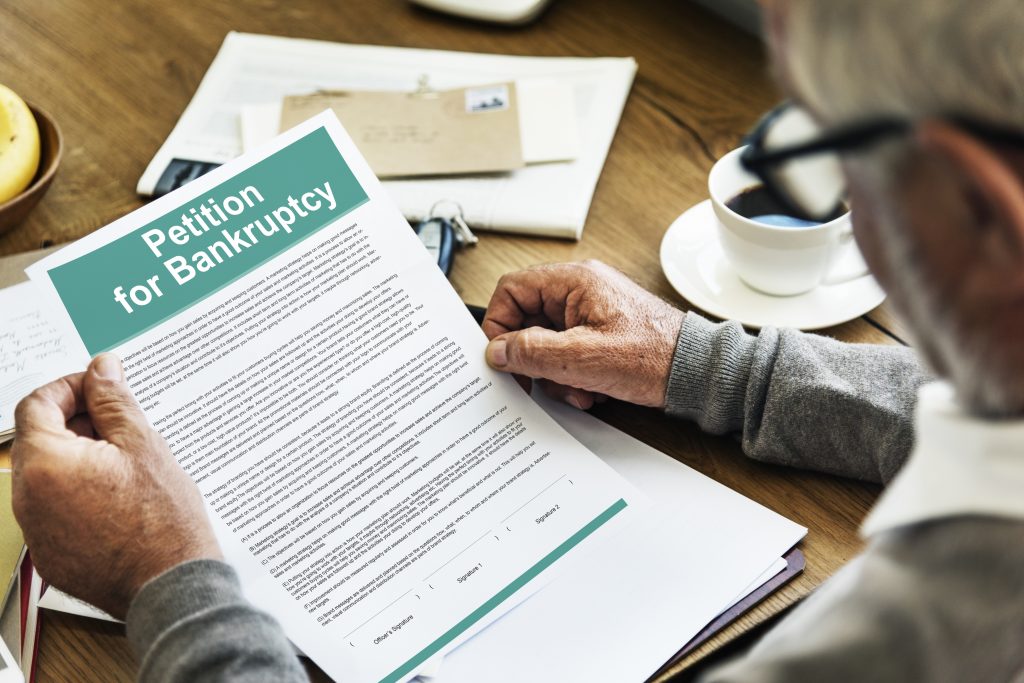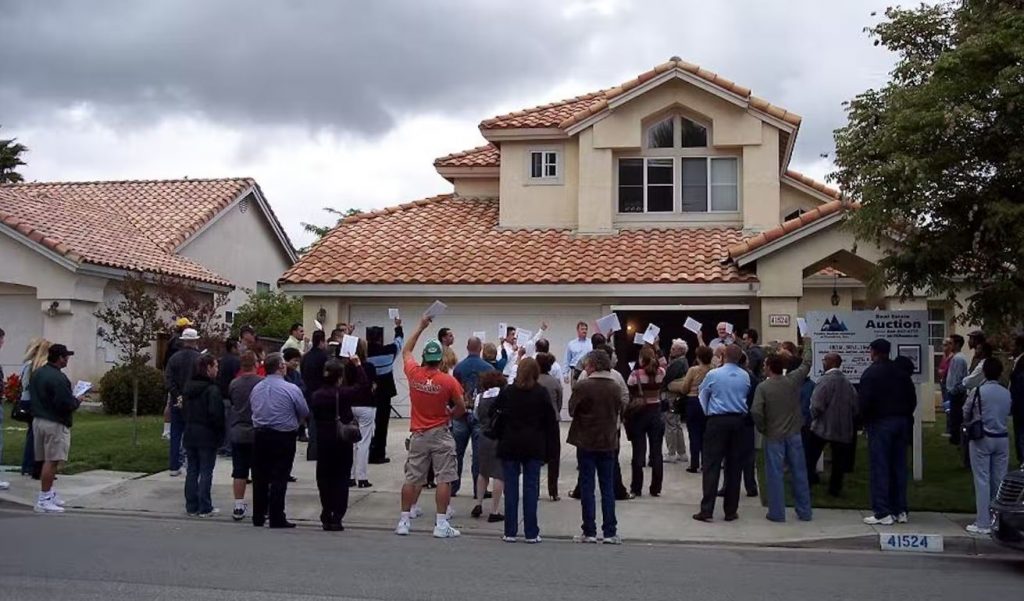Ways to Avoid Foreclosure in Pittsburgh
There are ways to avoid foreclosure in Pittsburgh. This is good news considering that One of the worst nightmares for homeowners in Pennsylvania or any state is foreclosure.
Foreclosure happens when a bank or mortgage lender takes possession of a homeowner’s real estate property once payments aren’t made over a certain period. If you stop making payments for your home, there is a chance that a bank will foreclose it.
Most homeowners get foreclosed against their will. After foreclosure, the bank or mortgage lender will sell the foreclosed property and use the proceeds to pay off the homeowner’s home loan. Foreclosures can either be judicial or non-judicial, depending on the state.
Judicial vs non-judicial foreclosure
Judicial system | Photo from Unsplash
Judicial foreclosure is when a lender files a foreclosure lawsuit against the homeowner. Both parties go to court and if the lender wins, the house will be foreclosed and sold in an auction. On the other hand, the mortgage clause gives the lender’s chosen trustees permission to sell the house to pay off the debt without a court process in non-judicial foreclosures.
Ways to avoid foreclosure – Pittsburgh foreclosure statistics
According to Attom’s 2022 Foreclosure Report, the state of Pennsylvania had an increased foreclosure rate this year compared to 2021. From 2,364 closures in the first half of 2021, Pennsylvania had 5,531 foreclosures in the first half of this year. This rate has increased by 134%, making it the 20th state in the country with the highest foreclosure rate.
This rate might be alarming for homeowners. Luckily, there are ways to avoid foreclosure in Pittsburgh that will be discussed later.
What is the foreclosure process in Pittsburgh?
Pennsylvania is a judicial foreclosure state which means that lenders must sue their borrowers in court to get the property foreclosed. Here are the steps of Pennsylvania’s foreclosure timeline.
Step #1: pre-foreclosure

The first step of the foreclosure process in Pittsburgh is pre-foreclosure. According to the Consumer Financial Protection Bureau’s 2014 rulings, any lender or mortgage servicer must give a delinquent borrower a 120-day loss mitigation window between the first missed payment. This is to give borrowers a chance to catch up on their payments and keep a foreclosure suit from being filed.
Most loans have a grace period of two weeks after the due date of the first payment. If the homeowner fails to pay the loan within the grace period, the lender will add late fees to the current loan. The lender will try to do everything to avoid a lawsuit and send a breach to the borrower to collect missing payments.
A breach letter notifies the borrower about their outstanding balance, due date, and possible loan acceleration if there are no payments in the default loan. After 90 days, the lender will send a Notice of Intent followed by a second letter that states the homeowner’s rights and available resources.
In this case, the owner just gives the property deed to the lender to avoid foreclosure and losing all rights to the property. The benefit for the delinquent borrower is that if the lender agrees to this way of fixing the delinquent loan, they may not go after the former owner for a deficiency judgment.
Step #2: Foreclosure
After the 120-day loss mitigation window, the lender may now file a foreclosure suit under the county where the property is located. The sheriff of the county then serves the borrower in the foreclosure suit. The borrower then has 30 days (from the time they received the foreclosure complaint) to file a response.
If the borrower fails or refuses to file a response within the given timeframe, the lender may file for a default judgment. The borrower automatically loses the case, and the lender forecloses the property if the court rules in favor of a default judgment. But if the borrower files an answer to the complaint, they will have to face the lender in a court of law.
If the borrower loses the trial, the property will be foreclosed and will be up for sale at a foreclosure auction.
Step #3. foreclosure auction
Once a property is foreclosed, the property is listed at a foreclosure auction. These auctions happen at a courthouse. The winning bidder must pay 10% of the final sales price after winning and pay the remaining balance within 20 days.
Step 4. Foreclosure eviction
The previous borrower should now vacate the property. If not, the new property owner can give a financial incentive to vacate the property or file an eviction lawsuit against the former owner.
Ways to avoid foreclosure
File for bankruptcy

One of the best ways to avoid foreclosure in Pennsylvania is by filing a Chapter 13 bankruptcy. Chapter 13 puts an immediate halt in the foreclosure process to give you more time. If you get into serious financial trouble, Chapter 13 will help you to restructure your debt and pay your mortgage payments for a certain period.
To file for Chapter 13, you need to have sufficient income that allows you to make little payments each month. Payments per month depending on your financial situation. If you can file a Chapter 13 before the auction, you can prevent your property from foreclosure.
Negotiate terms with the mortgage lender

Another way to avoid foreclosure is through negotiations with your lender. Mortgage modifications allow you to reduce your interest rate, extend your loan, or reduce the principal amount. Modifications can cost you in the long run, but they might be one of your best ways to avoid foreclosure.
Banks hate foreclosures as much as you do because it’s a lengthy process. If you’re eligible or not that far behind mortgage payments, they are most likely to give you a modification. You have two options when it comes to mortgage modifications, forbearance and loan modification.
Mortgage forbearance is a temporary pause to your mortgage payments for a certain period. This allows you to save up money for your mortgage. On the other hand, loan modification changes the original terms of your loan. Loan modifications allow you to have a reduced interest rate or extended payment term.
Mortgage forbearance was very common terminology in 2020 when there was a large economical impact due to the covid outbreak. The amount of homes that entered forbearance period was unprecedented.
Other ways to avoid foreclosure is to seek help from the government
The government has several programs that can help you out of foreclosure. One of the programs that you can apply for is the Homeowners’ Emergency Mortgage Assistance Program (HEMAP). HEMAP was an assistance program created in 1983 as one of the ways to avoid foreclosure in Pennsylvania.
There are two types of HEMAP loans. These are one-time loans to help you get by and keep making your mortgage payments. Ongoing loans help homeowners make their monthly mortgage payments.
HEMAP has criteria for who can apply for assistance. First, you must be living in the property about to be foreclosed. Second, your mortgage cannot be 24/36 months or $60,000 delinquent. Third, you must be suffering from financial hardships because of things you cannot control. And fourth, you must have a reasonable prospect of resuming full mortgage payments within 36 months.
Spend wisely

The best way to avoid foreclosure is to get your expenses in check. The phrase “living beyond your means” is a great way to prevent foreclosures from happening in the first place. As a homeowner, you should design a budget that will fit your basic needs and mortgage payments to avoid delays in mortgage payments.
Do not move into a bigger or more expensive house once you have a bigger paycheck or promotion. Instead, reassess your finances first and see if you can pay for mortgage payments in the long term. Maybe, consider getting fewer subscription plans or learning how to cook instead of eating out every day.
If you are having a temporary hardship in money, you can also apply for part-time jobs and side hustles to be able to pay your mortgage payments.
Rent out the property
If you want some extra cash to pay for your mortgage, you can rent out your property to someone else. What you can do is find a more affordable house to live in while the renter pays you every month. You can use their rent to pay for your mortgage and insurance. And if you’re lucky, you can keep some of the rent money you earned.
You should rent your property while there is no threat of foreclosure yet. You can also rearrange your house in a certain way to allow a roommate to move in. The only downside here is that there are renters that can damage your property.
Sell your property
If your property is about to get foreclosed, the best solution is to sell your property to homebuyers that are willing to buy your house for cash. They will usually take an offer that is close to the loan principal. These buyers buy properties regardless of property condition. Selling your house for cash can be the fastest why out of a sticky situation to close out the lenders case.
Buys Houses is the friend you need if you are facing foreclosure. We buy houses in Pittsburgh, we buy as-is and with speed. Among the solutions on this list, selling your property to us is one of the hassle-free options. Imagine selling your home, getting cash, and escaping the threat of a foreclosure.
Buys Houses is also here if you need to sell your house due to divorce, burdensome rental property, probation, downsizing, or any reason beyond your control.




